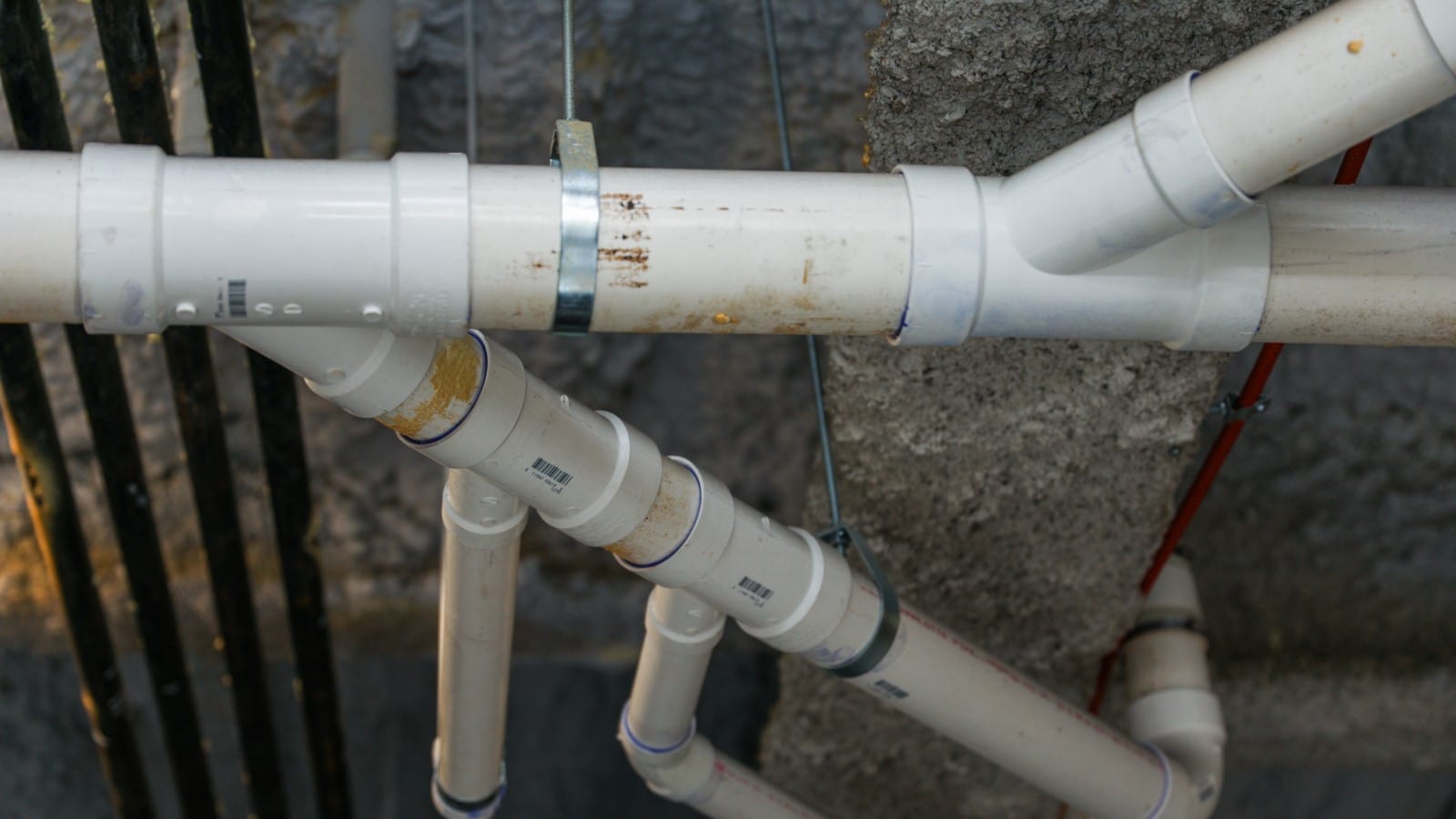The hiss of a kettle encrusted with limescale, the faded sheen on freshly laundered clothes, the inefficiency of heating systems—these everyday annoyances are often caused by hard water. Rich in minerals like calcium and magnesium, hard water affects countless homes, creating challenges in plumbing and appliance maintenance and impacting daily water usage.
What You Will Find Out:
- Understanding Hard Water: Uncover the mineral composition that characterizes your water as ‘hard’ and learn about its impact on household items.
- Identifying and Addressing Hard Water: Gain practical insights into detecting hard water issues and effective testing methods to determine hardness levels.
- Choosing Water Softening Solutions: Explore various systems and how they can enhance your home’s water quality and appliance efficiency.
This article will navigate you through the complexities of understanding, identifying, and mitigating the effects of hard water, so let’s delve into it.
Hard Water: What It Is and Why It Matters
Hard water contains high levels of minerals, primarily calcium and magnesium, which are picked up as water moves through soil and rock. This mineral content, while natural, can lead to several issues in households, affecting everything from plumbing to the quality of the water you drink. Understanding the hardness of your local water can significantly improve both your water and appliance longevity.
- Effects of Hard Water: Scale build-up in pipes, reduced efficiency of water heaters, and interference with soap’s ability to clean.
- Identification: Signs of hard water include filmy showers, spots on dishes, and stiff laundry.
Water Hardness and Its Impact on Your Home
The hardness of water is quantified by the levels of calcium and magnesium dissolved in it. This measurement dictates whether your water is soft, moderately hard, or very hard. Each level of hardness can have different impacts on water pressure, water flow, and appliance efficiency.
- Technical Explanation: Water hardness is caused by the presence of mineral compounds, primarily calcium carbonate, which can accumulate in home water systems.
- Local Relevance: In Rockwall, like many areas, varying geology can affect water hardness, impacting everything from municipal water supplies to well water.
Understanding Soft Water: Benefits and Considerations
Converting hard water into soft involves removing minerals using a water softener. Softened water can prevent scale buildup, enhance soap effectiveness, and extend the life of plumbing fixtures and appliances.
- Benefits: It improves water flow and heat efficiency in water heaters, and reduces the amount of detergent needed for cleaning.
- Considerations: Softening water often involves adding sodium, which can be a concern for individuals on low-sodium diets.
Comparative Analysis: Hard and Soft Water
When comparing hard and soft water, it’s essential to consider both the pros and cons of each type in relation to its quality and home maintenance.
- Health Impacts: While hard water contributes beneficial minerals like calcium and magnesium, soft can be easier on appliances and plumbing.
- Environmental Impact: Softening can introduce salts into the ecosystem, which must be managed responsibly.
Signs of Hard Water: Identifying and Addressing Issues
Recognizing the signs of hard water early can save homeowners significant maintenance issues down the line. Key indicators include reduced water pressure, build-up on fixtures, and inefficiencies in water-heating appliances.
Practical Tips: Regularly inspect your water heater and other appliances for efficiency. Use vinegar solutions for cleaning the limescale and consider a water hardness test kit to assess your water.
Effective Water Softening Solutions for Homeowners
Choosing the right water softening system involves understanding the different types available and their impact on water quality. This section explains the types of softeners available, including salt-based and salt-free models, and discusses their suitability for different levels of water hardness.
Installation and Maintenance:
Professional installation and regular maintenance are key to ensuring water softeners work effectively and efficiently.
The Importance of Managing Water Hardness
Dealing with hard water is not just about improving water taste or preventing scale; it’s about enhancing your home’s overall efficiency and protecting your investment in appliances and plumbing. Whether you opt for a water softening system or adjust your home maintenance practices, understanding the hardness of your water is the first step towards making informed decisions about water treatment solutions.
Professional Advice:
Consulting with a plumbing expert can provide tailored solutions based on the specific water conditions in your area and your household needs.
Managing hard water effectively ensures that your home operates efficiently and maintains high standards of health and comfort. For tailored solutions based on your specific situation and household needs, consider consulting with plumbing experts. Ready to enhance your home’s water system? Contact the professionals at InTown Plumbing today for expert advice and service.





